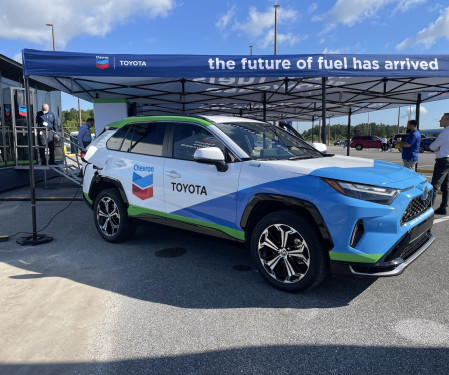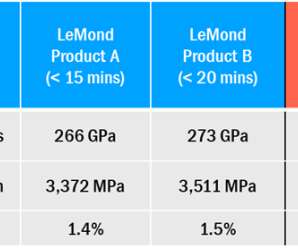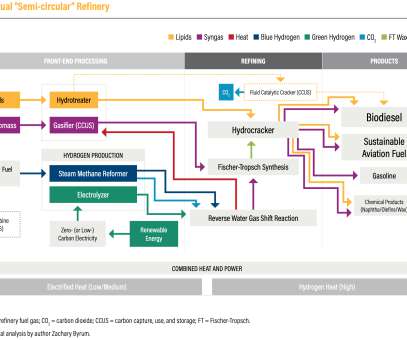Chevron / Toyota road trip demonstrates renewable gasoline blend
Green Car Congress
APRIL 18, 2023
People from Chevron and Toyota will be driving Toyota’s Tundra, RAV4 and Camry on this road trip with the objective of demonstrating the fuel, which is more than 40% less carbon intensive than traditional gasoline on a lifecycle basis, according to Chevron.





















Let's personalize your content